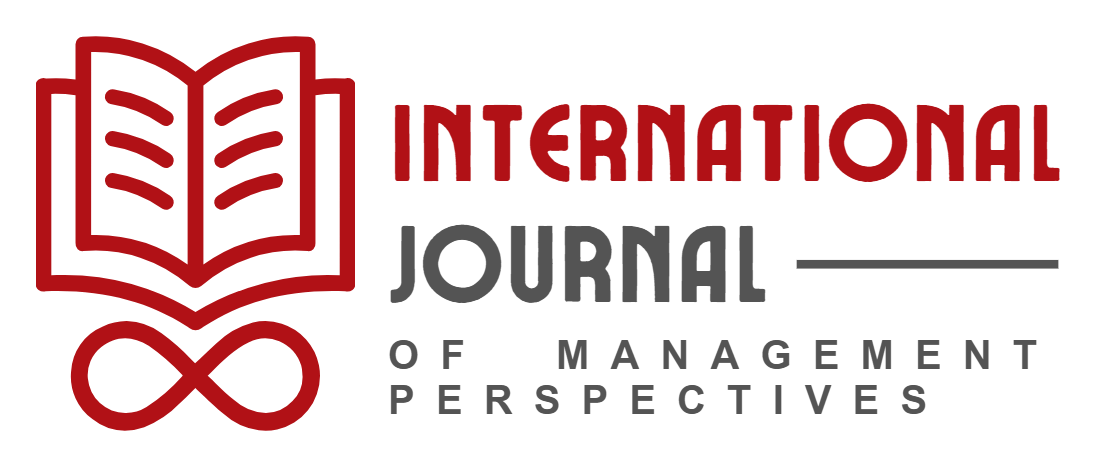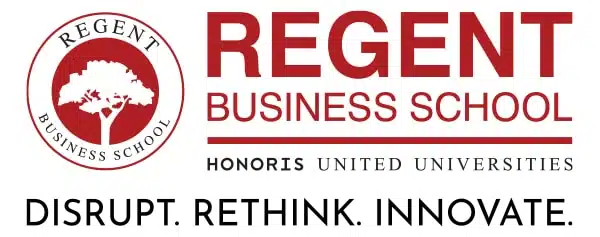Supply chain management is a fantastic career choice with many advancement opportunities and the chance to make an economic impact.
There are different ways to become a supply chain manager, including studying towards a BCom degree or a higher certificate.
REGENT offers a BCom in Supply Chain Management, which equips students with a comprehensive overview of supply chain and logistics management.
In this article, we will examine REGENT’s BCom in Supply Chain Management degree, its benefits, and the modules included so you can decide if it is the right fit for you.
What is a Bachelor of Commerce in Supply Chain Management Degree?
A Bachelor of Commerce in Supply Chain Management is a three-year degree programme that teaches you the systems and approaches for managing an organisation’s supply chain.
You’ll learn how to manage the entire chain, from procurement of raw materials to sending them through factories and warehouses and delivering them to customers.
Is BCom Supply Chain Management worth it?
Studying for a Bachelor of Commerce (BCom) in Supply Chain Management in South Africa can offer several benefits. These include, but are not limited to, the following:
- Relevance to industry: Due to its geographic location and access to natural resources, SA has a thriving logistics and supply chain industry. Studying to become a supply chain manager allows you to tap into this lucrative field.
- Job opportunities: Supply chain management is essential for prominent companies in the manufacturing, healthcare, and retail industries, creating many job opportunities nationwide.
- Global perspective: Supply chains are increasingly becoming globalised as companies source materials and products from overseas. Studying a BCom in Supply Chain Management will equip you with the necessary skills and knowledge to navigate the complexities of global trade.
- Technology integration: Technological advancements rapidly evolve the supply chain and logistics field. These include the Internet of Things (IoT), AI, and more. A BCom in Supply Chain Management often contains modules related to digitisation, so you are well-equipped to leverage tech in your future career.
- Career growth and high salary potential: Graduates with a BCom degree often have more opportunities to grow in the supply chain and logistics industry. This allows you to attain higher-paying job opportunities that pave the way to a successful future for you and your family.
- Contribution to economic growth: The supply chain industry is crucial to a country’s economic development. By studying supply chain management, you will directly enhance companies’ efficiency and profitability, benefiting the economy.
What are the subjects related to supply chain management at REGENT?
REGENT’s BCom in Supply Chain Management covers many modules to equip you with all the skills you need to thrive in supply chain and logistics. Some of these modules include business communication, business statistics, and accounting.
Additionally, you will gain a robust understanding of business management and economics, allowing you to help companies grow and aid in the overall economy’s growth.
Supply chain, logistics, operations, and project management take up a considerable portion of this course to give you comprehensive knowledge regarding leadership and management in logistics.
Due to technological advancements and the increasing importance of digitisation and data in supply, REGENT also includes training on business information systems to help you analyse data groups effectively.
In short, our supply chain degree is the only course you need to pave the way to a highly successful career.
Which is the best course for supply chain management?
When it comes to choosing from the various supply chain management courses online and offline that are available, you mainly need to consider three things:
- Your career goals and aspirations
- Your time availability
- Your financial situation
If your long-term goal is to become a supply chain manager and climb the corporate ladder, then a BCom in Supply Chain Management is best.
On the other hand, if you are interested in supply chain but do not know if you want to do it long-term, you can consider a Higher Certificate in Supply Chain Management to experience the industry before committing to a three-year degree.
Also, consider your time and financial situation. A BCom degree will take three years, while a higher certificate takes one year. A BCom is also more of a financial commitment than a higher certificate.
That being said, if you are confident in your aspirations to become a supply chain manager, pursuing a BCom degree will immediately open the door to higher-paying opportunities.
As you can see, choosing between a degree and a certificate ultimately depends on you and your circumstances.
FAQ
What is the main difference between supply chain and logistics management?
Supply chain management handles all the activities in the supply chain process, including procurement, production, optimisation, and distribution. On the other hand, logistics management focuses specifically on the aspects related to the transportation of goods.
How many years does it take to study supply chain management?
A BCom in Supply Chain Management typically takes three years to complete when studying full-time, while a Higher Certificate in Supply Chain Management is shorter and only takes a year.
How much does a BCom in Supply Chain and Operations Management earn in South Africa?
According to the latest data from Indeed.com, Supply Chain Managers in South Africa earn an average of just over R28,000 monthly.
However, this amount can significantly increase or decrease based on where you live. For example, managers in Gauteng earn close to R59,000, while those in Durban earn around R19,500.
Study a BCom Supply Chain Management with REGENT
As you can see, the supply chain is an excellent industry in South Africa. It provides ample career opportunities and allows you to pave the way to a lucrative professional life.
REGENT offers a Bachelor of Commerce in Supply Chain Management and a Higher Certificate in Supply Chain Management. Compare both qualifications to see which one best suits you.


